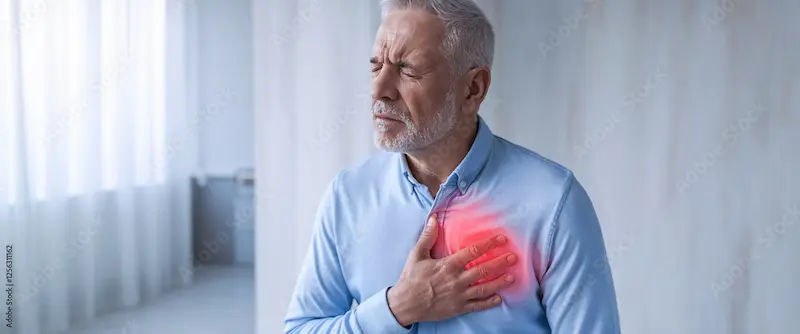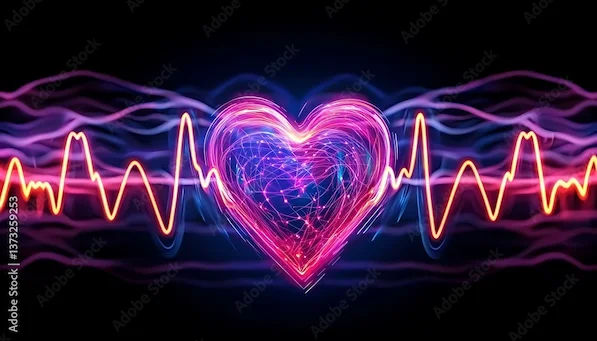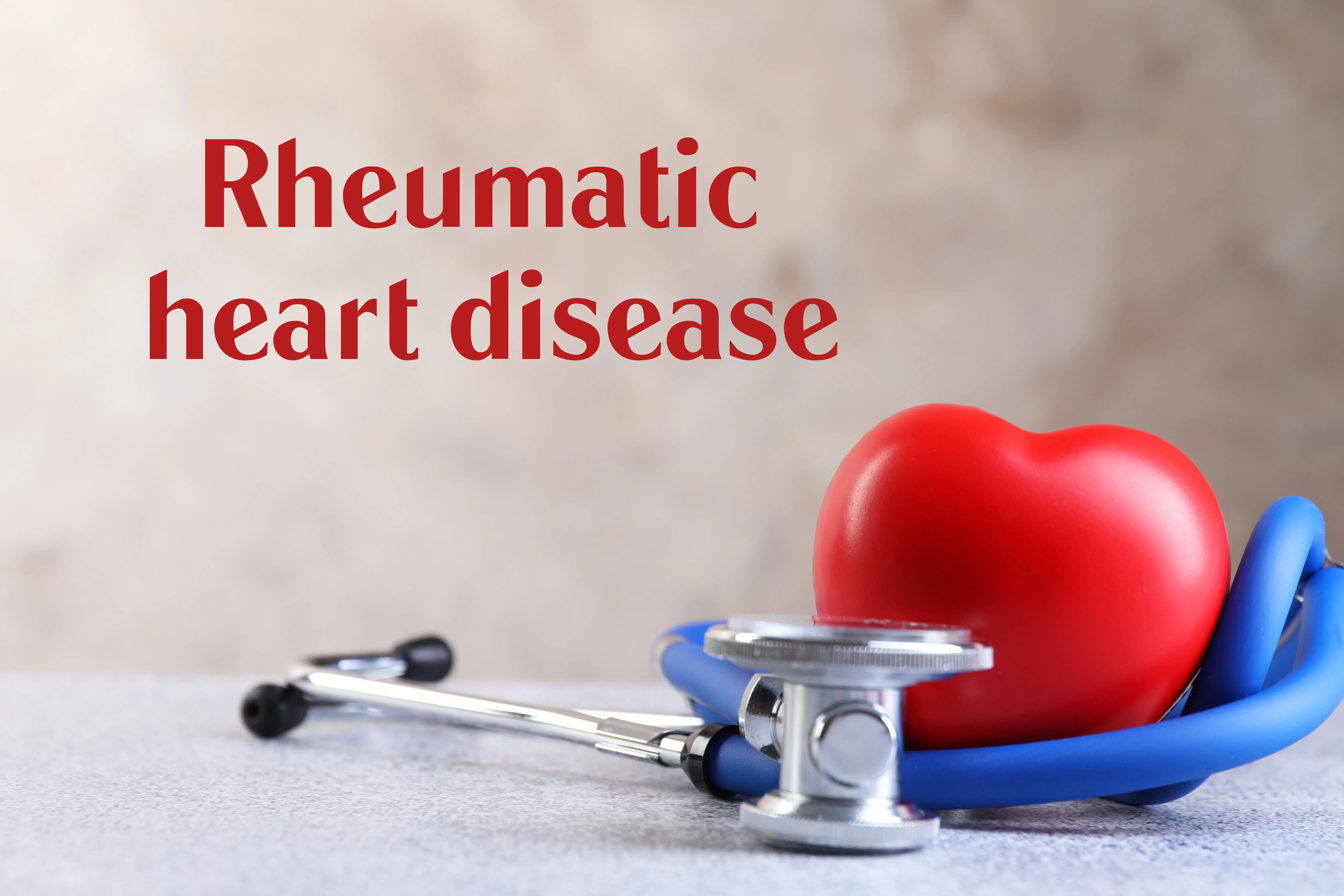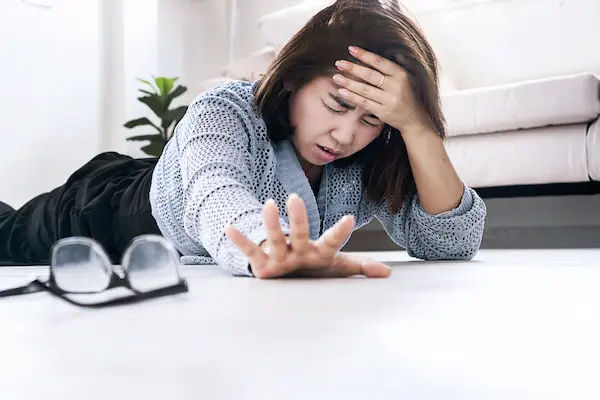- Male
- 26 Years
- 22/01/2025
I'm 26 and a few months back, I had a fever that went away in a week. Then, out of nowhere, my heart rate shot up to 144 bpm, and I felt like there was an air bubble in my chest. I got an ECG done, which showed minor ST and T wave abnormalities, and I'm attaching it here. Now and then, I still get these episodes. While my 2D echo and blood pressure are normal, I've been dealing with random chest pains that last just a secondsometimes on the right and then on the left. My stomach feels upset too, and I get really gassy during these times. I'm confused about what might be causing these ECG changes. Curiously, I never feel chest pain when jogging or exercising, only when I'm at rest. Different doctors have told me different things; some say it's normal, and others think it might be gas. What's really going on here? Should I be worried about these ECG changes?
Answered by 1 Apollo Doctors
The symptoms you are experiencing, along with the ECG changes showing minor ST and T wave abnormality, could be indicative of a condition called Premature Ventricular Contractions (PVCs). PVCs are extra heartbeats that begin in one of your heart's two lower pumping chambers (ventricles). They may feel like a fluttering or a flip-flop in your chest. The sensation can be triggered by certain activities, emotions, or medications. To help manage your symptoms and reduce the occurrence of PVCs, you can try taking over-the-counter medication such as Propranolol (Inderal) at a dosage of 10-30 mg three to four times a day. This medication can help regulate your heart rate and reduce the frequency of PVCs. Additionally, you can try to reduce stress and anxiety through relaxation techniques such as deep breathing exercises or yoga. It is important to follow up with a cardiologist for further evaluation and management. They may recommend additional tests such as a Holter monitor or an event monitor to capture your heart's activity over an extended period. This will help determine the underlying cause of your symptoms and guide appropriate treatment. In the meantime, try to avoid triggers such as caffeine, alcohol, and tobacco, which can exacerbate PVCs. Stay hydrated, maintain a healthy diet, and get regular exercise to support your heart health. If you experience severe chest pain, dizziness, or fainting spells, seek immediate medical attention.
Dr. Ranjith Suggests...
Consult a Cardiologist
Answered 04/07/2025
0
0

More Cardiology Health Queries
View allI've just got the COVAXIN and I'm a 21-year-old male at 80kg and 165cm. Since getting the shot, I've been feeling some discomfort in my chest area. I've been checking my heart rate, and it's averaging around 100 bpm, but I've also seen it spike to 110, 120, and even 130. I'm starting to get a bit worried about what this means. What should I do?
Visit Physician for evaluation and appropriate management
Answered by 1 Apollo Doctors
I'm worried about my father. He had angioplasty just yesterday, and now he's got this pain running from the middle of his leg down to his ankle. Is that something to be concerned about, or is it normal after angioplasty?
Pain from the mid-leg to the ankle after an angioplasty could be due to several factors, such as the site of catheter insertion (usually the femoral artery in the groin) or the use of a vascular closure device. While mild discomfort and bruising can be normal, significant pain should be evaluated to rule out complications like hematoma, arterial injury, or deep vein thrombosis (DVT). Please consult your father's healthcare provider promptly to assess the cause of the pain and ensure appropriate management.
Answered by 1 Apollo Doctors
I've been having some concerns lately, so a few weeks ago, I had breathlessness and noticed my blood pressure was up at 140106. Went to get an ECG and Echo done the ECG showed some mild variations, and the Echo showed mild LVH. That same day, my BP was 150100, so they kept me under observation for about 4 hours and sent me home with a prescription for a 5mg BP medicine for a month. But here's the thingI didn't take the meds because I'm worried about getting dependent on them. I've been checking my BP regularly and it's mostly between 12887 and 13090, though I did have one reading of 13890. Do you think it's okay for me to keep skipping the medicine and just try focusing on lifestyle changes? Am I making a mistake here by not taking it? Would love some advice on this.
Based on your medical history of having mild variations in ECG, mild LVH on Echo report, and elevated blood pressure readings, it is important to follow your doctor's advice regarding medication. Skipping blood pressure medication can increase the risk of complications such as heart disease, stroke, or kidney problems, especially since your blood pressure was previously elevated at 150100. I recommend that you do not skip your medication and continue taking it as prescribed by your doctor. In addition to medication, incorporating lifestyle changes such as maintaining a healthy diet low in sodium, regular exercise, stress management, and avoiding smoking and excessive alcohol consumption can also help in managing your blood pressure. If you have concerns about forming a habit of taking medication, you can discuss this with your doctor to address any fears or doubts you may have. It is important to prioritize your health and follow the treatment plan recommended by your healthcare provider.
Answered by 1 Apollo Doctors
Disclaimer: Answers on Apollo 247 are not intended to replace your doctor advice. Always seek help of a professional doctor in case of an medical emergency or ailment.





